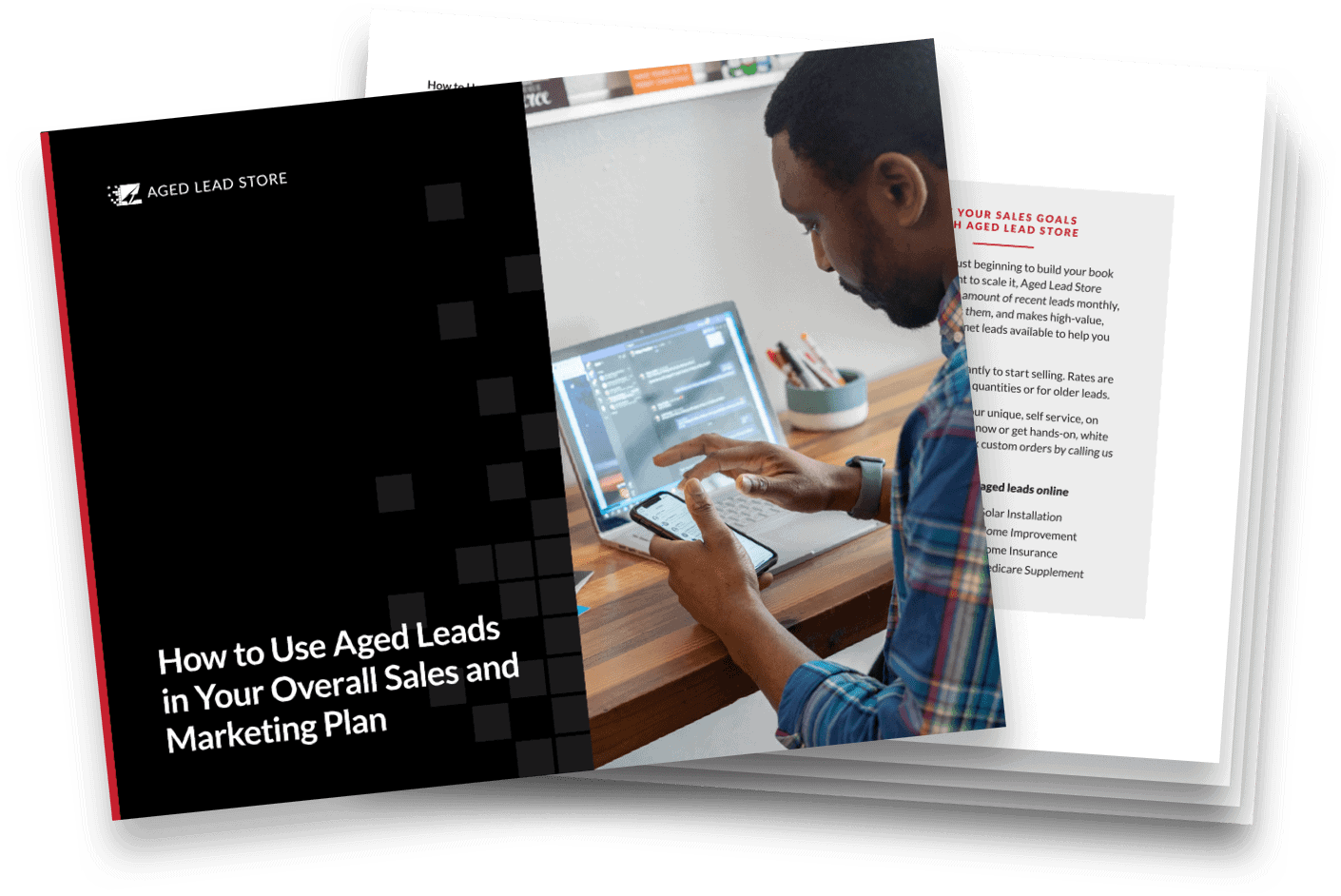All sales professionals have dealt with sales objections. It’s just part of the territory, whether you’re dealing with a new aged lead, cold calling leads, or in a call nurturing phase. The sales tips that will help you best navigate typical insurance sales objections aren’t new, but they bear repeating.
Leaving Money on the Table
First, let’s answer a sales objection to sales objections: why should you care about persevering in the face of sales objections? One could argue that it might be best to drop a lead that seems hesitant in hopes of finding a more saleable prospect. There’s one problem with that.
Dropping a lead too soon, because of a winnable sales objection, for instance, leaves money on the table. Whether a salesperson accepts a customer’s objection at face value or continues to plow ahead with a pitch, refusing to hear out the customer, both mean you could lose a sale that’s completely closeable. That’s something you should care about.
Types of Objections
We’ve all heard sales objections before. Sometimes they surprise us, but sometimes we expect them. Here are five common ones you should know and expect. Be prepared to answer objections like these in your sales conversations and you can expect to do much better in your business.
The Knowledge Gap: “Maybe I don’t need insurance after all.”
There was a reason this prospect asked for a quote. Why was that? And what’s seemed to spook them at this point in the sales process?
The Fair Point: “That’s more than someone else quoted me.”
Never forget that customers can voice objections that are entirely warranted and relevant to the discussion. Don’t discount these customers. The right probing and responses can still win you the sale.
The Poker Face: “Meh, I don’t buy it.”
Not all customers are upfront during the sales conversation. They could have a hidden preference for another service provider and are looking to eliminate your offerings without disclosing their agenda.
The Misconstrued Perception: “Isn’t insurance just a scam?”
It’s true there are exceptions to every policy, but all insurance policies offer concrete protections. This customer wants to go over the fine print with a fine-toothed comb. Let them.
The Mismatched Needs: “I don’t need that policy yet.”
It’s an opportunity to backtrack a few steps. Did you make assumptions that sent you down the wrong path for this customer’s needs? What do they need right now and where did things go off track?
How to Deal With Objections
There’s more than one way to win a sale and there’s more than one way to save a sale, when objections are raised. And fair warning: objections will be raised. Here are five ways to handle them with ease and maintain your composure.
Express Gratitude
An objection isn’t a no, so don’t take it as a door slamming in your face. If a customer takes the time to detail a reason they’re not sold, they’re giving you a gift — the opportunity to answer their objection and continue the sales conversation. Be thankful for that.
And let the customer know you appreciate their voiced objection. It can diffuse anger, deflate intentions of ending the sales call or meeting, and give you an opportunity to continue the conversation.
Show Empathy
We’ve all heard “no” at some point, we’ve all been disappointed with our options, we’ve all had the experience of finding out a solution costs more than we were hoping for. You’ve been in your prospect’s position, in other words.
Let them know that you get it. It will do a world of good for building rapport. Then use the consideration your understanding buys you to lead the customer to a best-case solution that takes their objections into account as best as possible. No one likes to be mistaken, but many people will yield to a less than favorable solution if they feel they’ve been given a fair shake.
Use the Socratic Method
Often a sales objection isn’t an end to itself — it’s the beginning of unraveling what’s hidden. Open-ended questions can force an objecting prospect to explain why they object. The assumptions that led the prospect to make their objection could be the issue. They may have misunderstood a part of the coverage or the features or benefits included. Finding that out saves you and them a lot of time and leaves open the opportunity for a successful sale — if the objections can be answered to the customer’s satisfaction.
Demonstrate Value
Some customers object because the value of your product or service just isn’t clear to them. You may find that out by asking open-ended questions — but don’t stop there. Give them concrete examples. Identify pain points for the customer and answer them with vivid examples — of time wasted, money wasted, peace of mind versus undue stress, and so on.
Give Proof
Some objections will be an opportunity for you to offer proof for your claims — whether it’s for the superiority of your service or your products. There’s more than one way to go about this, so tailor your response to your prospect. You could go with hard facts. Show your lead data points that prove what you offer saves time, money, or hassle. However, other customers want to hear testimonials from people just like them. These customers can be won over with social-proof stories, via review sites, your own website or marketing materials, or on social media. Start collecting and documenting success stories that you can use with these sales objections.
Conclusion
No matter what sales objection your customers throw at you, there are solutions that can usually continue the sales conversation, and sometimes win the sale. Tailor your responses to your customers, answering their specific questions and probing their thoughts for additional info. Prepare your responses and proof for typical objections ahead of time, to save time and remain in control of the sales conversation. Master how to handle these sales objections, and you can look forward to a period of growth for your business.
Ready to answer objections and win sales with a new batch of prospects? Consider purchasing and working high-quality aged leads from the Aged Lead Store. You’ll find we have thousands of sortable leads ready to buy, whether your business is auto, life, health, or home insurance, mortgage refinance, or solar installation.















